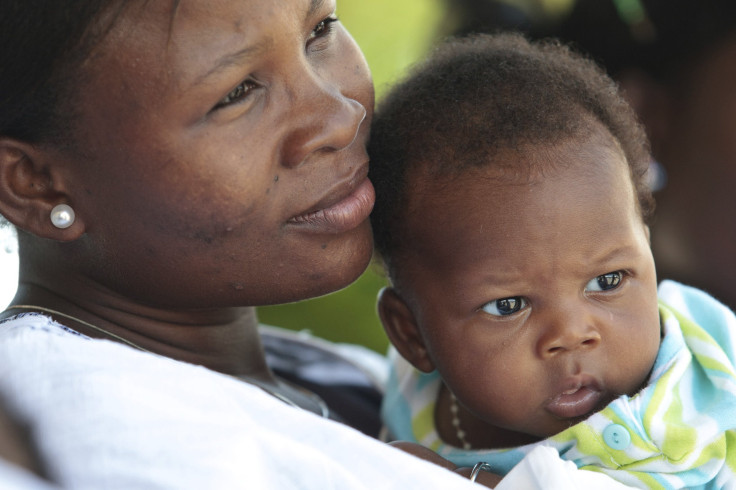Family Planning Could Save $11.3B Annually: UN

Access to family planning to everyone in developing countries would save $11.3 billion per year that are now being spent on maternal and newborn care, says a new report by the United Nations - The State of World Population 2012: By Choice, Not By Chance - Family Planning, Human Rights and Development.
"Family planning is not a privilege, but a right. Yet, too many women and men are denied this human right," said Dr. Babatunde Osotimehin, Executive Director United Nations Population Fund.
Investing in family planning has helped the Asian economies grow by reducing the number of dependents and increasing the working population, says a statement from UNPFA. According to estimates, Nigeria's economy would rise by $30 billion in 20 years if its fertility rates dropped to just one child per woman.
About 222 million women lack access to reliable, high-quality family planning services, information and supplies, putting them at risk of unintended pregnancy, the report said. Even in the developed countries, unintended pregnancies occur among teens, the poor and ethnic minorities who don't have access to contraceptives.
Family planning doesn't just benefit the economy of a nation but also increases the wellbeing of its people, especially women and children. When given the freedom to choose the number of children and the time interval between children, women can pursue education and get jobs and be better caregivers. According to the report, early pregnancy can reduce the chances of an American teenage girl receiving a high school diploma by 10 percent.
"Family planning has a positive multiplier effect on development. Not only does the ability for a couple to choose when and how many children to have help lift nations out of poverty, but it is also one of the most effective means of empowering women. Women who use contraception are generally healthier, better educated, more empowered in their households and communities and more economically productive. Women's increased labor force participation boosts nations' economies," said Osotimehin.
Donor countries and foundations have pledged $2.6 billion to make family planning available to 120 million women in developing countries with unmet needs by 2020 at the London Summit on Family Planning, said the UNFPA statement.



























